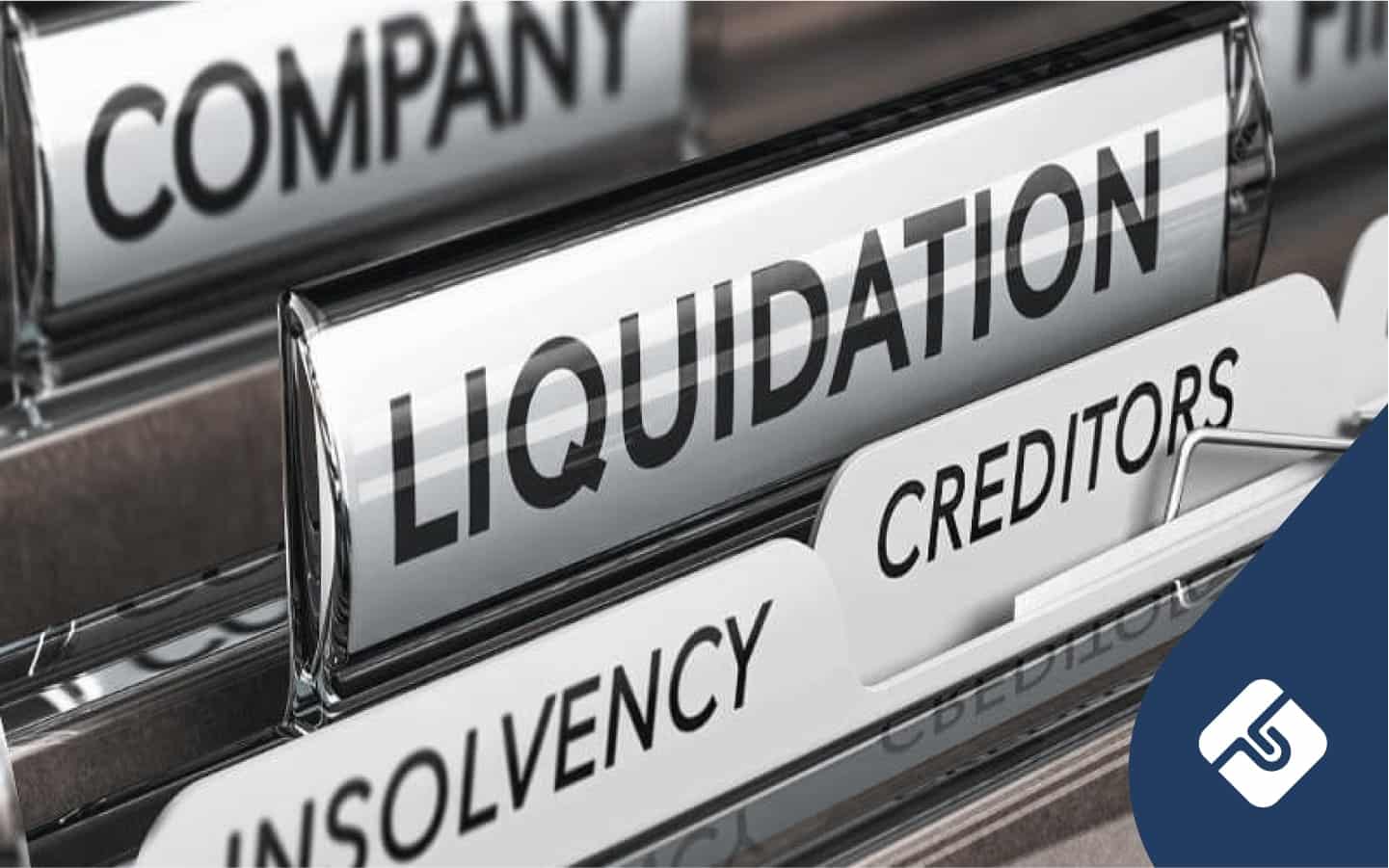A company that is unable to pay its debts is often a company facing insolvency. Many insolvent companies will either enter voluntary administration, liquidation or receivership. Company directors are not the only parties that feel the consequences of liquidation. Many company employees also feel the stress and uncertainty surrounding liquidation. So, let’s walk through employee entitlements during liquidation to determine what type of compensation is available.
What is Company Liquidation?
Liquidation generally refers to the selling of a company’s assets in order to pay off any existing and outstanding debts the company owes to its creditors. During liquidation, a company will close its doors and enter the deregisteration process. A ‘liquidator’ will become appointed to the company. The liquidator’s duty is to investigate the reasons behind the companies insolvency, as well as distribute the companies assets accordingly. If the liquidator is under the assumption that the companies directors or agents breached their fiduciary duties or engaged in some other illegal conduct, the liquidator may choose to take legal action against them in their personal capacity.
Now, during liquidation the company uses its remaining funds and assets to pay back its creditors. The company creditors receive their payments on a pro-rata basis. This simply means on a hierarchy basis. You may be wondering who exactly are creditors? Well, a creditor is simply any person, entity or business that has lent the company funds, on the basis the company pay those funds back in the future.
Find your perfect lawyer now
Get a fixed-fee quote from Australia’s largest lawyer marketplace.Employee Entitlements During Liquidation
The major consequences felt by employees, is the termination of their employment. As referred to above, creditors receive their payments from the companies assets or funds on a pro-rata basis. However, the liquidator is the first individual to receive payment from the companies funds and assets. After all, the liquidators must recieve a payment from the company for their fees and costs. Secondly, secured creditors will recieve their respective funds. Thirdly, priority unsecured creditors, or employees, shall receive their respective payments. What funds will the company employees receive? Employees will recieve payments in the form of “outstanding entitlements”. Paying your employees outstanding entitlements takes priority over paying any unsecured creditors, such as contractors.
The payment of outstanding employee entitlements include:
- Outstanding wages and superannuation,
- Outstanding leave entitlements, such as annual leave and long service leave,
- Retrenchment pay.
Now, it is not uncommon for the companies funds and assets to be completely dry by the time the liquidator gets around to paying the company employees. So, what happens if the company runs out of funds to pay its employees during liquidation? Well, prior to 2012, if there were no funds left over after liquidation costs and priority creditors are paid out, many employees were left unpaid. This had extremely devastating effects on many employees. However, in 2012, the Australian Government implemented the Fair Entitlements Guarantee (FEG). FEG works as a safety net for employees, ensuring they are paid their correct entitlements.
Employee Entitlements under the Fair Entitlements Guarantee (FEG)
Under FEG, the Australian Government provides financial assistance to help pay employee entitlements during liquidation if the liquidated company is unable to do so. These employee entitlements include:
- Outstanding unpaid wages of up to 13 weeks,
- Outstanding unpaid leave entitlements, such as annual leave and long service leave,
- Redundancy payment of up to 4 weeks per year of service with the company,
- Payment in lieu of notice of up to 5 weeks.
As you can see, this financial assistance helps immensely. Many employees are able to be financially compensated, leaving no employee left behind. Unlike the employee entitlements paid using the liquidated companies left over funds, employees must meet the eligibility requirements of FEG. To read about these eligibility requirements, click here.
Key Takeaways
Liquidation can have devastating effects on a range of parties, including employees. However, there are a range of employee entitlements available during liquidation. In general, employees are to be paid their outstanding wages, outstanding leave entitlements and retrenchment pay. However, it is actually quite common for liquidated companies to have zero funds or assets left over by the time the liquidators gets around to paying the company employees. Thus, FEG has the responsibility of stepping in to pay susbstitued employee entitlements during liquidation. It is always best to seek the advice of a lawyer if you suspect that liquidation is on the horizon.




